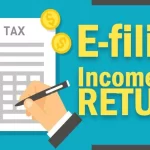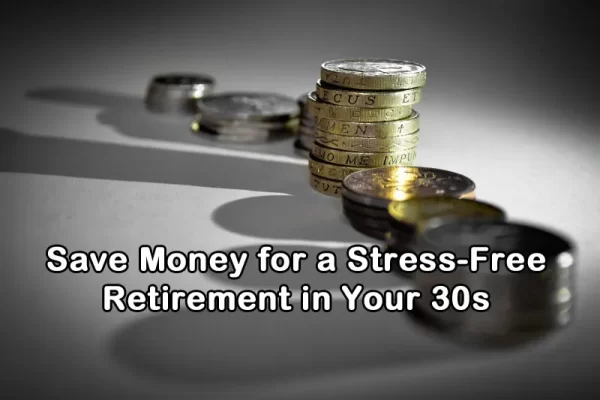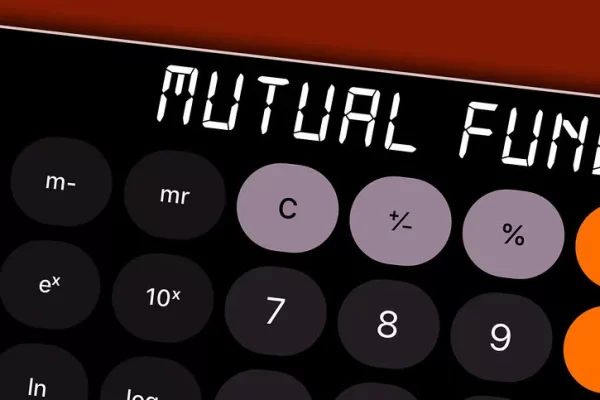Council tax is a local taxation system that is levied on households based on estimated property and the number of people living in it. In most circumstances, the owner has to pay council tax even if the property is been unoccupied after 2 years from furnishing. It is mainly posted for the services and shared by the authorities such as Police, Fire Council Authority, town councils etc.
How is it charged?
There arises a question in our mind on what basis is the council tax charged. Here is the detailed description. The tax amount collected from the council tax is equally distributed among the authorities of different organizations. At certain circumstances, the total on the tax bill will be higher than the amount offered to the organizations, since the council tax also depends on the society or the area that we reside.
Each organization and their subsidiaries work out on how much they need each year to provide the services they deliver. Based on which the elected representatives of each organization partition the amounts based on the Council Tax band.
Who is responsible for paying the tax?
After a better understanding of how is the tax amount calculated now let’s have a glance at who is responsible for paying it. The person who normally lives in the property is responsible for paying it. Owners pay the tax if the proper is empty. It is also demanded from the 6 categories of people.
- A resident or the owner of a freehold property
- Leasehold property of the resident from the owner.
- The rented resident of the property
- A resident who doesn’t pay rent but resides in the property
- Any other residents like occupants without a formal agreement
- Owner of the property
Mainly, the above-mentioned word “resident” points to the person who is above 18 years old. When there are two or more people of the same category then they are jointly and severally liable for the council tax.
Unoccupied property:
In most of the occurrence, the owner must pay the council tax if the property is untenanted. This comes under the act of council tax on an empty rental property. If the property is unoccupied or unfurnished for more than 2 years then the owner has to pay 150% of the normal amount. But in certain cases, the reductions become 100 which ultimately highlights that no council tax has to be paid.
If you are the owner of an unoccupied property and if you think you don’t want to pay council tax then you can apply for the reduction and keep paying until it is approved by the specific authority.
Procedure to apply for the reduction:
If you have made up your mind to apply for the council tax reduction, then you can ask for the organization to backdate a reduction. On further information, the organization will help and ensure backdate on deciding how far it can be done.
The organization will also assist in filling the authority to disclose form which has the details of the council tax account with a named individual or organization. It contains details such as
- Account holder details with account reference number
- Named person or organization details
- Account holder declaration and consent
Organization’s notice after applying for tax reduction:
The organization gets back to the owner with the details about whether or not the reduction can be approved. This process takes nearly 20 working days or longer based on the information provided. A representative from the organization visits the property before approval.
Reductions will be shown on the bill for the whole year even if they are applied for a limited period of time. The owner will receive a new bill if the reduction is coming to an end and should reapply for the next reduction.
Cases that are applicable for reduction:
As an owner you can apply for the reduction if the property is untenanted for any of the following reasons:
- Council taxpayer has passed away:
You can claim for the tax reduction in case if the owner who has lived alone in the property and died. Again the council tax dues arise in any of the following scenarios:
- When someone else moves in
- Property is passed to someone else
- Property is sold by the ex-owner who has died
- The official tenancy period ends and the owner is no more.
If none of the above-mentioned cases are covered then the tax becomes due for the next six months. The executors of the will must pay the tax on behalf of the owner. If they face any issue then they have contact the tax organization immediately. To apply for 100% reduction they have to fill the online empty property exemption form.
- The property is available on the rental market:
To apply for the reduction in the property that is available on the rental market you have to fill the online empty property discounts form. Though the organization will not give 100% reduction the owner can have a check.
- The occupant has left the property empty:
There will be a 100% reduction on the council tax if the occupant has left due to certain circumstances such as:
- Living elsewhere under the care of someone else
- Living elsewhere to care, someone,
- A full-time student living elsewhere
- In prison
- A trustee in a bankruptcy
- Confined due to immigration law
- Detained to mental health
- Major repairs:
If you are paying the premium amount for the empty property and also doing major work, that means no one can reside there, then the organization will be liable to remove 50% premium for up to 12 months.
Final thoughts:
You might have found some sort of discounts from the shared information and we hope the above information will help you in looking for different ways to avoid the council tax for your untenanted property. Indeed, it is not easy for the councils to give absolutely pay nothing discounts to the owners each time.











This is a very helpful article and it gives owners and insight on how to better optimize council tax payments. Much appreciated content